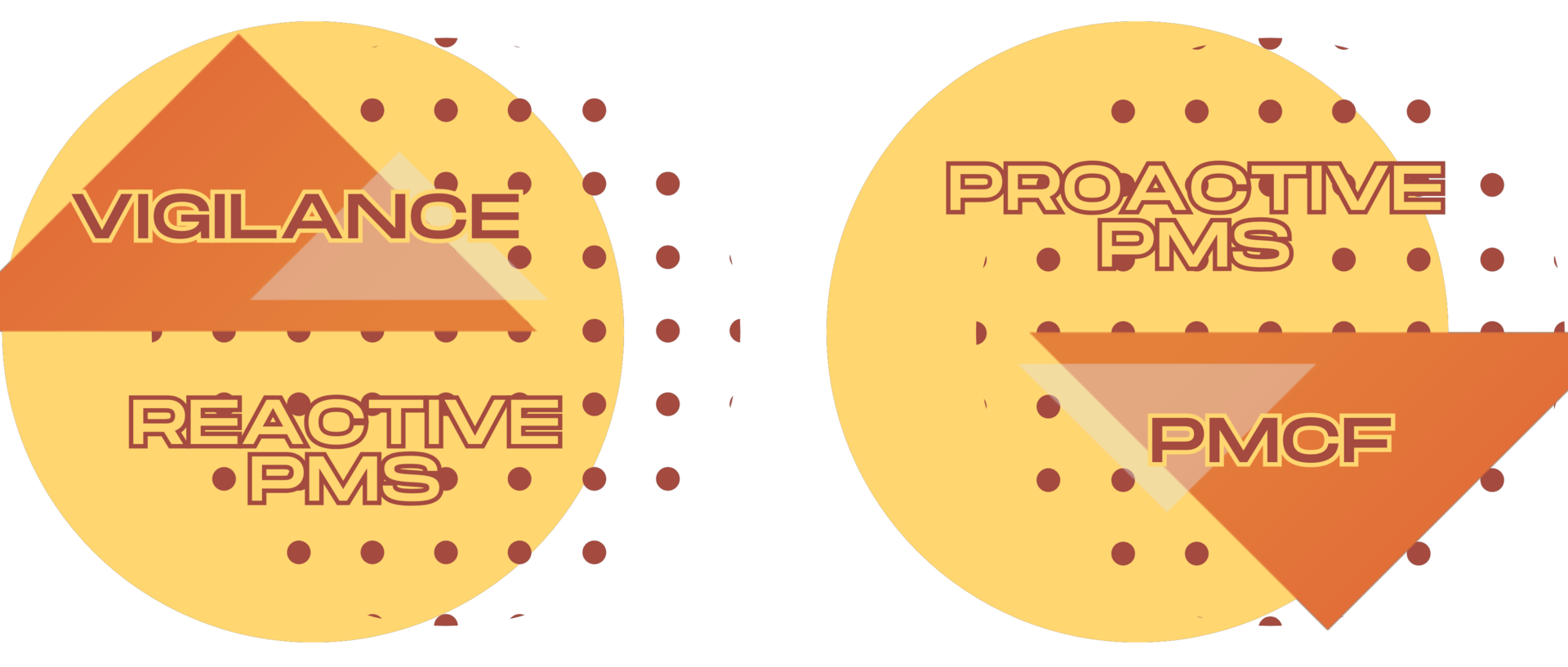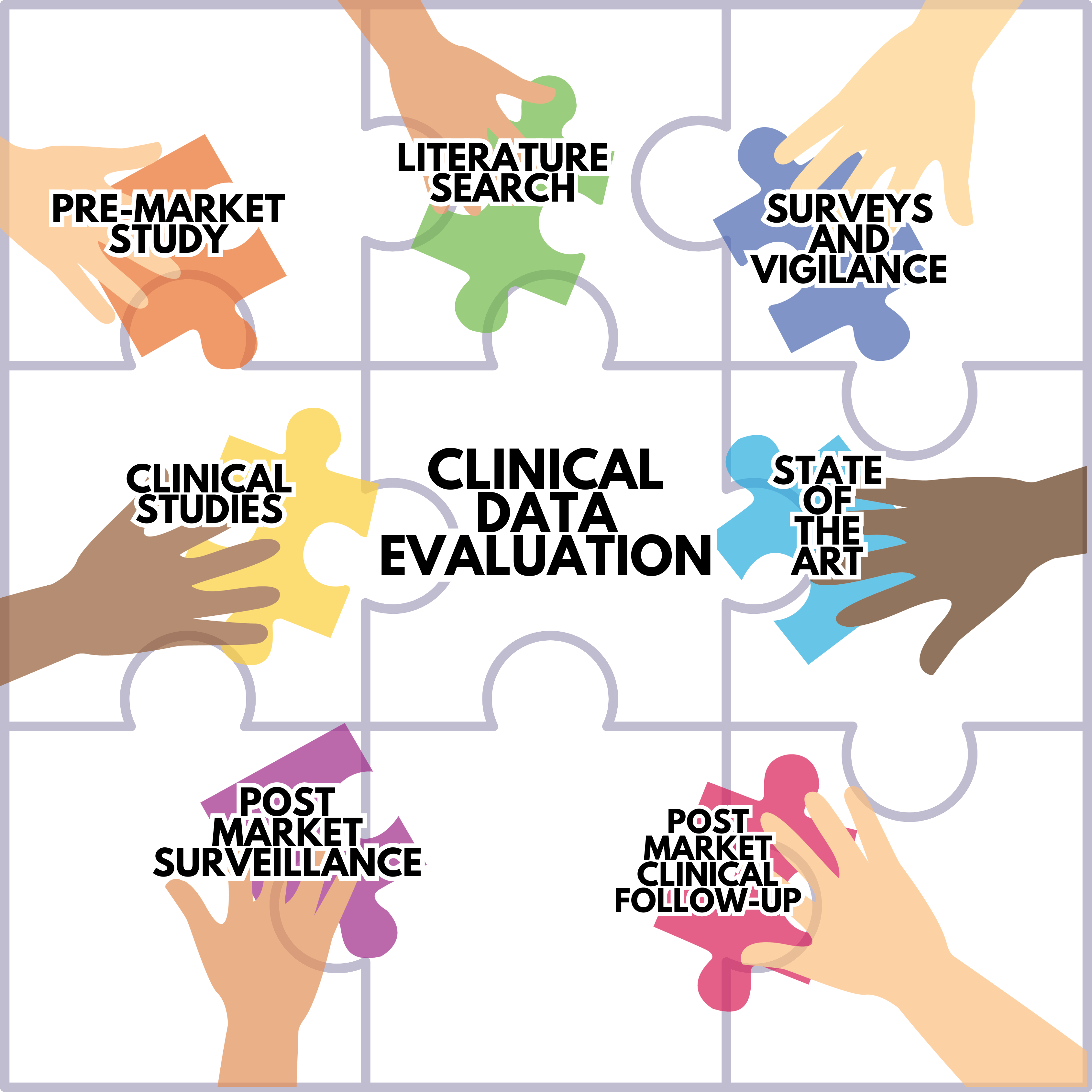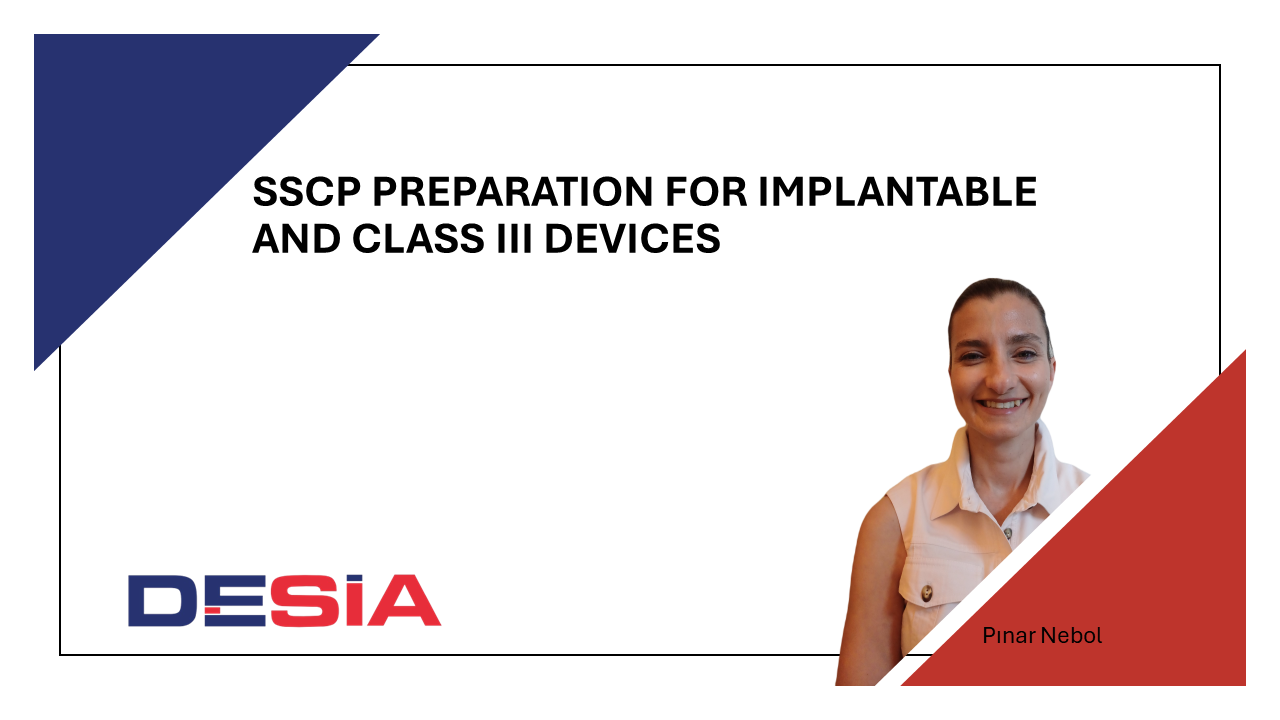The Medical Device Regulation (MDR 2017/745/EEC), published in May 2017, has brought many new responsibilities to medical device manufacturers.
Among these responsibilities, one of the responsibilities that is both time-consuming and financially burdensome is to provide "Clinical Data" for the product.
Until now, clinical data of equivalent products have been used to prove the safety and performance of the product while performing Clinical Data Evaluation during the approval phase of many medical devices. The new law imposes serious restrictions on medical device manufacturers in this regard with Article 61 of the MDR; It requires manufacturers to create clinical data for their products.
Since collecting "Clinical Data" takes a long time, identifying your deficiencies in this regard and starting the right studies immediately will provide significant advantages in terms of timing and cost in your subsequent studies.
With the new regulation (MDR), unlike the old directive (93/42/EEC MDD, 90/385/EEC AIMDD), the creation and/or collection of clinical data is no longer a process planned and completed at the approval stage of the product. The provision of clinical data should be a study that will be repeated periodically throughout the life cycle of the product, with Post-Market Monitoring (PMS) and Post-Market Clinical Follow-up (PMCF) activities. PMCF (Post-Market Clinical Follow-up) plans and activities are required in many different sections of MDR, and it is particularly emphasized that Clinical Data Evaluation (CDM) should be fed with the results of these studies.

According to Annex XIV Part B, the Medical Device Regulation (MDR) expects medical device manufacturers to meet the following issues when preparing a PMCF plan:
- Include the general methods and procedures to be followed during PMCF.
- How will clinical data be produced?
- Include specific methods to be followed during PMCF.
- PMCF studies, preliminary details of retrospective and/or prospective studies, survey studies, etc.
- Discussing the suitability of the method to be followed.
- Reference to the clinical data evaluation report and risk assessment.
- Evaluation of clinical data of equivalent (if equivalence can be proven within the framework of MDR) or similar devices.
- Specifying if there is a specification and standard specific to the product.
- Detailed timeline for PMCF activities.
For the PMCF study, which has a significant share in clinical data collection activities, the following will be clarified in the Clinical Evaluation Report:
- Content of the PMCF plan
- Clinical studies that need to be done for follow-up,
- What data is missing and needs to be collected
Therefore, as a first step, it is very important to go back to your Clinical Data Evaluation and make sure that it fully complies with MEDDEV 2.7.1 Rev 4 and to re-evaluate the results if necessary, taking into account the Medical Device Regulation (MDR). It would be beneficial to prepare a PCMF plan based on the data gaps you will identify as a result of your CER and start collecting data proactively within the framework of this plan as soon as possible.

As a result of the evaluation of your existing clinical data, if it is necessary to conduct a clinical study, the stages of writing the study protocol (clinical research plan) in accordance with the requirements of the law and standards, selecting the researchers / centers and obtaining the approvals of the Ethics Committee and the Ministry of Health must be followed meticulously.
One of the most important factors in clinical research is the correct design of the research for both the product and the purpose. A study that is not designed correctly will cause loss of time and resources and will not be able to collect information proving the safety and performance of the product.
We have approximately 1 year left for the Medical Device Regulation to come into force. For this reason, analyzing the status of the clinical data you have as soon as possible and initiating the necessary studies based on the information we have provided above constitutes the most important part of MDR preparations.
AdviQual and our clinical research company DeSia are always ready to support you in selecting and implementing the most appropriate clinical study design to generate your clinical data, taking into account the risk and current status of your products.




